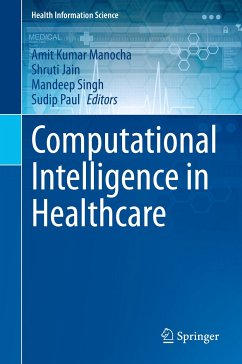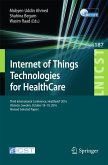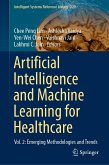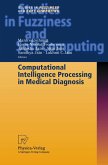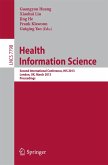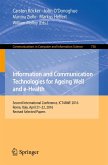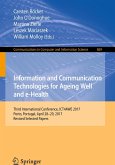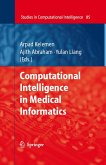Artificial intelligent systems, which offer great improvement in healthcare sector assisted by machine learning, wireless communications, data analytics, cognitive computing, and mobile computing provide more intelligent and convenient solutions and services. With the help of the advanced techniques, now a days it is possible to understand human body and to handle & process the health data anytime and anywhere. It is a smart healthcare system which includes patient, hospital management, doctors, monitoring, diagnosis, decision making modules, disease prevention to meet the challenges and problems arises in healthcare industry. Furthermore, the advanced healthcare systems need to upgrade with new capabilities to provide human with more intelligent and professional healthcare services to further improve the quality of service and user experience.
To explore recent advances and disseminate state-of-the-art techniques related to intelligent healthcare services andapplications. This edited book involved in designing systems that will permit the societal acceptance of ambient intelligence including signal processing, imaging, computing, instrumentation, artificial intelligence, internet of health things, data analytics, disease detection, telemedicine, and their applications. As the book includes recent trends in research issues and applications, the contents will be beneficial to Professors, researchers, and engineers.
This book will provide support and aid to the researchers involved in designing latest advancements in communication and intelligent systems that will permit the societal acceptance of ambient intelligence. This book presents the latest research being conducted on diverse topics in intelligence technologies with the goal of advancing knowledge and applications healthcare sector and to present the latest snapshot of the ongoing research as well as to shed further light on future directions in this space. The aim of publishing the book is to serve for educators, researchers, and developers working in recent advances and upcoming technologies utilizing computational sciences.
Dieser Download kann aus rechtlichen Gründen nur mit Rechnungsadresse in A, B, BG, CY, CZ, D, DK, EW, E, FIN, F, GR, HR, H, IRL, I, LT, L, LR, M, NL, PL, P, R, S, SLO, SK ausgeliefert werden.

